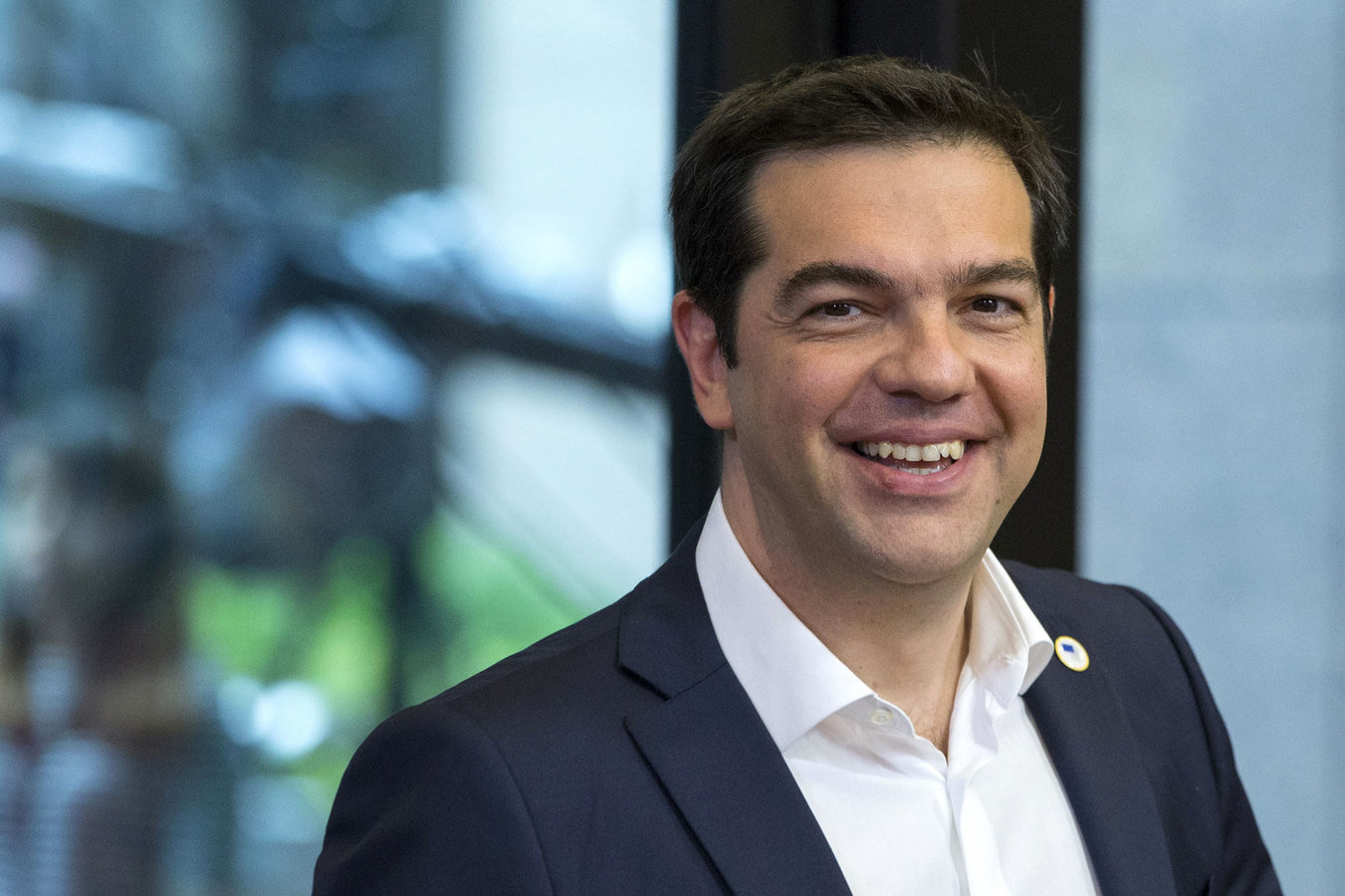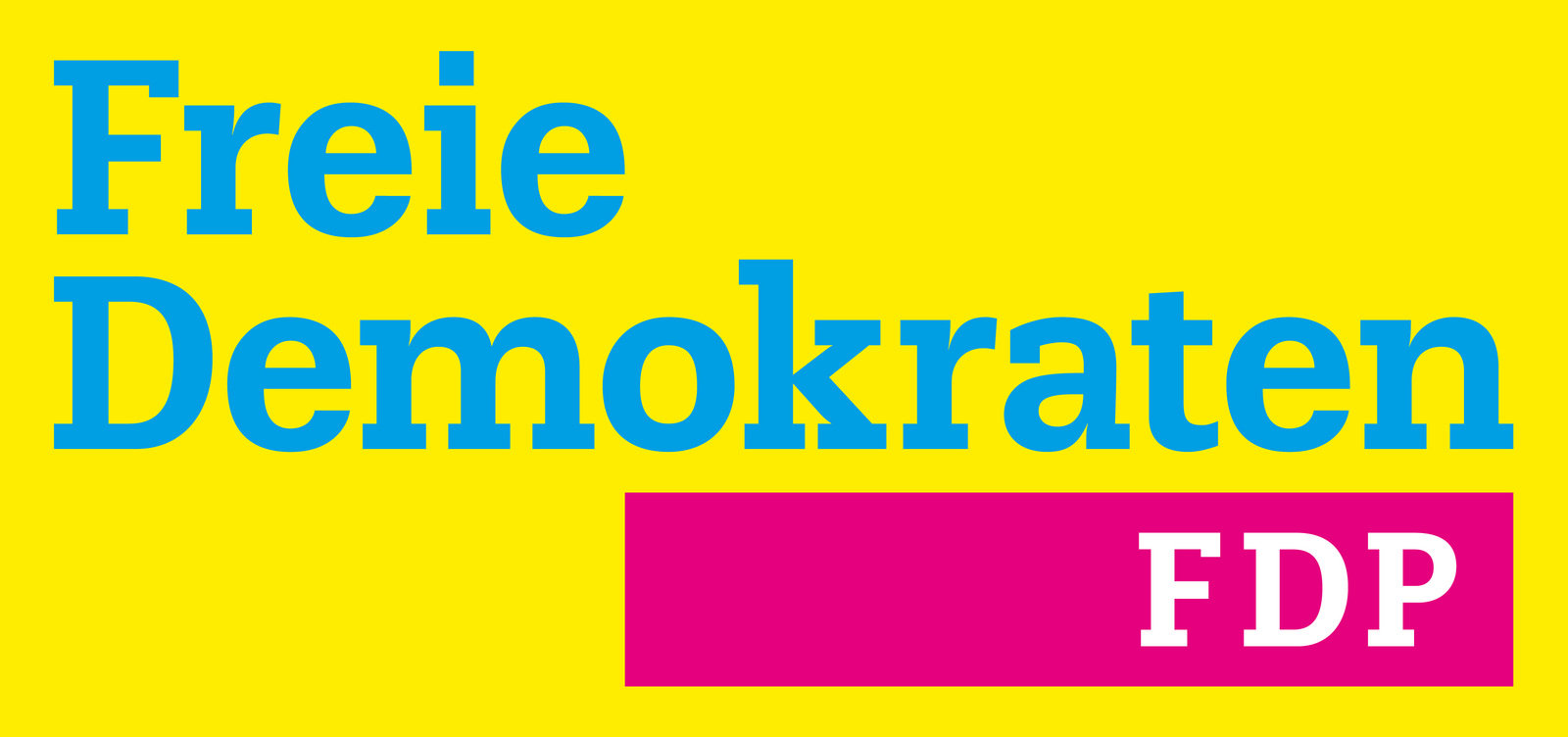Bachelor Colloquium

Hannah Ruppelt
23.10.2015
Supervisors:
Dr. Martin Rosema
Prof. dr. Kees Aarts
Overview
-
EU-Spitzenkandidaten
-
Democratic deficit
-
Research question
-
Hypotheses
-
Methodology and analysis
-
Findings
-
Implications for the 2019 European elections

Topic:
Citizens' knowledge about the EU-Spitzenkandidaten for the 2014 European elections






Ska Keller
José Bové
Jean-Claude Juncker
Martin Schulz
Guy Verhofstadt
Alexis Tsipras
The EU's democratic deficit
European Parliament
EU citizens
European Commission
European Council





Solution for the democratic deficit?Spitzenkandidaten procedure!
EU citizens
European Commission President

European elections
European Parliament
Citizens:
not interested and not aware
Media:
sceptical




Channels for political knowledge
Formal education
Political discussions
News consumption
Established media:
Newspapers, radio, TV
New media:
Internet


Internet presence of candidates in social media
To what extent did the usage of established and new media sources influence a voter’s political knowledge about the 2014 EU-Spitzenkandidaten?
Research question
-
News consumption via TV
-
News consumption via newspapers
-
News consumption via Internet
-
Internet usage
Hypotheses
Media consumption variable
Knowledge
about candidates
Data set
Coding
Methodology and analysis I



Can you identify the European party group or the national party of Juncker, Schulz and Verhofstadt?









Citizens' knowledge about the candidates
| Which candidate belongs to which party? | Percentage of respondents |
|---|---|
| know zero | 74 |
| know one | 13 |
| know two | 9 |
| know three | 5 |
Cross-Tables
Spearman's Rho correlation
Methodology and analysis II
| Spearman's rho correlation coefficient | p-value | direction / strength | |
|---|---|---|---|
|
Knowledge about the candidates |
|||
| News consumption via TV | .10 | .00 | + / weak |
| News consumption via newspapers | .23 | .00 | + / moderate |
| News consumption via Internet | .11 | .00 | + / weak |
| Internet use | .10 | .00 | + / weak |
Findings
The impact of age
Relationship between internet use and knowledge about the candidates
elderly people
young people
middle-aged people
Age
The older you are, the stronger the effect internet use has on knowledge about the candidates.
Why?
What does my research show?
-
All relationships between media variables and knowledge about the candidates are significant and positive
-
Established media and new media both influenced citizens' knowledge
-
Reading newspapers showed strongest correlation
-
Internet less influential as assumed
Implications for 2019 European elections
-
Spitzenkandidaten procedure has been established
-
Future news coverage will be less sceptical
-
Spitzenkandidaten procedure can reduce democratic deficit (requires informed citizens)
-
More & better news coverage by all channels needed
-
More & better campaigning by parties/candidates needed
Thank you for your attention!
Do you have questions?
References
AMR GmbH Dusseldorf. (2014). Post EU election polling project [Report]. Retrieved February 26, 2015, from http://www.aecr.eu/media/AECRAMR-European-election-poll.pdf.
Bakker, T. P., & de Vreese, C. H. (2011). Good news for the future? Young people, Internet use, and political participation. Communication Research. Retrieved May 5, 2015, from http://crx.sagepub.com/content/early/2011/01/07/0093650210381738.full.pdf+html
Barbière, C. (2014). Umfrage zur Europawahl: Rennen um die Spitzenkandidaten hat nur 5 Prozent der Wähler interessiert [Electronic article]. Retrieved May 5, 2015, from http://www.euractiv.de/sections/europawahlen-2014/umfrage-zur-europawahl-rennen-um-die-spitzenkandidaten-hat-nur-5-prozent.
Broadcasters EUROVISION Presidential Debate. (n.d.). [Table]. Retrieved June 14, 2015, from http://www.europarl.europa.eu/pdf/divers/broadcasters.pdf.
Delli Carpini, M. X., & Keeter, S. (1997). What Americans know about politics and why it matters. New Haven, CT: Yale University Press.
Delli Carpini, M. X., & Williams, B. A. (2001). Let us infotain you: Politics in the new media age. In W. L. Bennett & R. M. Entman (Eds.), Mediated politics: Communication in the future of democracy (pp.160-181). Cambridge; New York, NY: Cambridge University Press.
Dinter, J., & Weissenbach, K. (2015). Alles Neu! Das Experiment TV-Debatte im Europawahlkampf 2014. In M. Kaeding & N. Switek (Eds.), Die Europawahl 2014 (pp. 233-245). Duisburg: Springer.
European Commision. (2013a). Commission Recommendations of 12 March 2013 on enhancing the democratic and efficient conduct of the elections to the European Parliament (Recommendations 2013/142/EU). Retrieved September 26, 2015, from http://eur-lex.europa.eu/legal-content/EN/TXT/PDF/?uri=CELEX:32013H0142&from=DE.
European Commision. (2013b). Standard Eurobarometer 80 Autumn 2013. Public Opinion in the European Union [Report]. Retrieved September 12, 2015, from http://ec.europa.eu/public_opinion/archives/eb/eb80/eb80_first_en.pdf.
European Parliament. (2012). European Parliament resolution of 22 November 2012 on the elections to the European Parliament in 2014 (Resolution 2012/2829(RSP)). Retrieved September 26, 2015, from http://www.europarl.europa.eu/sides/getDoc.do?type=TA&language=EN&reference=P7-TA-2012-462.
European Parliament. (2014). Election results: 2014 [Table]. Retrieved September 12, 2015, from http://www.europarl.europa.eu/elections2014-results/en/election-results-2014.html.
European Parliament News. (2014). The 2014 European elections: This time it's different [Press release]. Retrieved May 4, 2015, from http://www.europarl.europa.eu/news/en/news-room/content/20140210BKG35568/html/THE-2014-EUROPEAN-ELECTIONS-THIS-TIME-IT%E2%80%99S-DIFFERENT.
Eurostat. (2014). tsdgo310 - Voter turnout in national and EU parliamentary elections from 1990, by year and reference area [Table]. Retrieved May 4, 2015, from http://ec.europa.eu/eurostat/tgm/table.do?tab=table&plugin=1&language=en&pcode=tsdgo310.
Follesdal, A., & Hix, S. (2006). Why there is a democratic deficit in the EU: A response to Majone and Moravcsik. JCMS: Journal of Common Market Studies, 44(3), 533-562.
Fox, B. (2014). Juncker declares victory in race for Commission presidency [Electronic Article]. EUobserver. Retrieved September 26, 2015, from https://euobserver.com/news/124337.
Gattermann, K. (2015). Europäische Spitzenkandidaten und deren (Un-) Sichtbarkeit in der nationalen Zeitungsberichterstattung. In M. Kaeding & N. Switek (Eds.), Die Europawahl 2014 (pp. 211-222). Duisburg: Springer.
Heidbreder, E., & Auracher, J. (2015). Die Rolle europäischer Spitzenkandidaten im institutionellen Wettstreit. In M. Kaeding & N. Switek (Eds.), Die Europawahl 2014 (pp. 223-231). Duisburg: Springer.
Held, D. (2006). Models of democracy. Cambridge: Polity.
Hix, S. (2008). What's Wrong with the Europe Union and How to Fix it. Cambridge: John Wiley & Sons.
Hobolt, S. B. (2014). A vote for the President? The role of Spitzenkandidaten in the 2014 European Parliament elections. Journal of European Public Policy, 21(10), 1528-1540.
Kenski, K., & Stroud, N. J. (2006). Connections between Internet use and political efficacy, knowledge, and participation. Journal of broadcasting & electronic media, 50(2), 173-192.
Kyburz, K. (2014). Phoenix: Europawahl erreicht kaum Zuschauer [Electronic article]. Retrieved September 12, 2015, from http://www.quotenmeter.de/n/70768/.
Mahony, H. (2014). The spitzenkandidaten coup [Electronic article]. EUobserver. Retrieved September 26, 2015, from https://euobserver.com/review-2014/126456.
Manovich, L. (2001). The language of new media. Retrieved May 30, 2015, from http://faculty.georgetown.edu/irvinem/theory/Manovich-LangNewMedia-excerpt.pdf: MIT press.
Niedermayer, O. (2014). Immer noch eine "nationale Nebenwahl"? Die Wahl zum Europäischen Parlament vom 25. Mai 2014. Zeitschrift für Parlamentsfragen (ZParl), 3/2014, 523-546.
Obholzer, L. (2015). Campaigning on Twitter. In M. Kaeding & N. Switek (Eds.), Die Europawahl 2014 (pp. 247-256). Duisburg: Springer.
Prior, M. (2005). News vs. entertainment: How increasing media choice widens gaps in political knowledge and turnout. American Journal of Political Science, 49(3), 577-592.
Quintelier, E., & Vissers, S. (2008). The effect of Internet use on political participation an analysis of survey results for 16-year-olds in Belgium. Social Science Computer Review, 26(4), 411-427.
Schmitt, H., Hobolt, S. B., & Popa, S. A. (2015). Does personalization increase turnout? Spitzenkandidaten in the 2014 European Parliament elections. European Union Politics. Retrieved October 2, 2015, from http://eup.sagepub.com/content/early/2015/06/03/1465116515584626.abstract.
Vincenti, D. (2015). Analysts: 2019 EU elections will be transformative for European democracy [Electronic article]. EurActiv. Retrieved October 6, 2015, from http://www.euractiv.com/sections/elections/analysts-2019-eu-elections-will-be-transformative-european-democracy-314633.